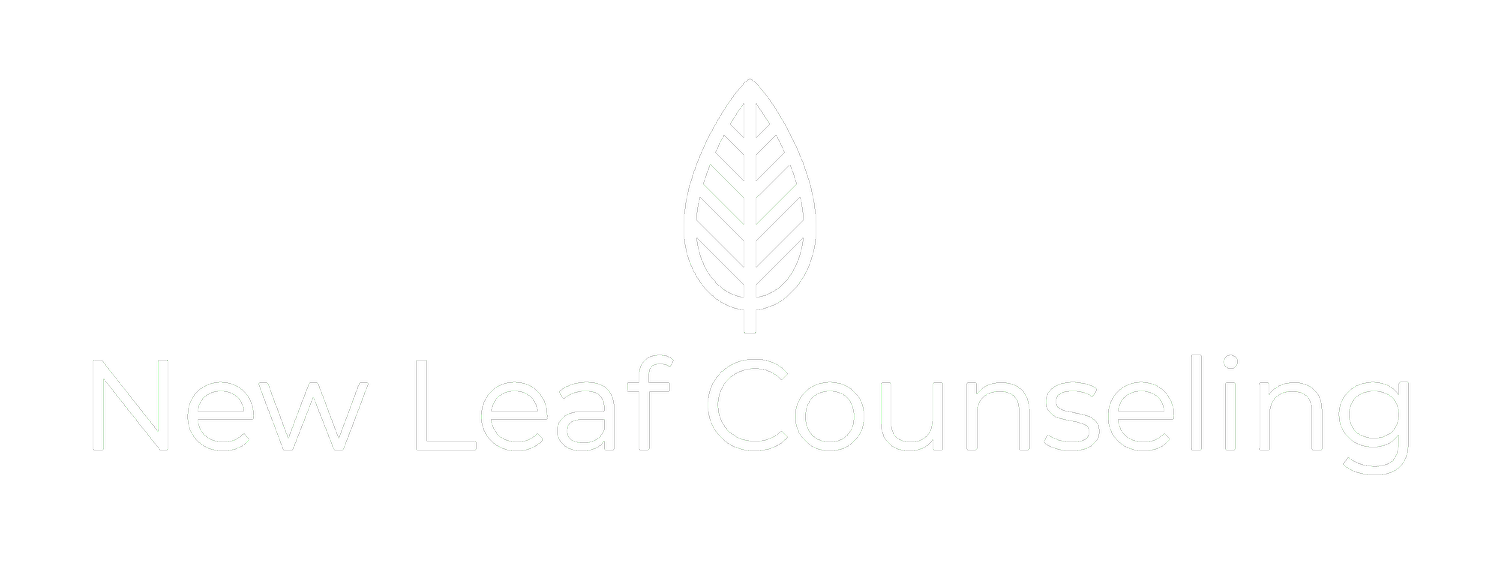Personal Growth
Counseling is not just for use in crisis or extreme pain, although we all go through those difficult experiences from time to time. Counseling is also for those who are doing well in life but seek to improve, grow, evolve as individuals. Maybe you are needing to refine your people skills or communication in relationships. Perhaps you are needing to face a fear that is holding you back from a goal or from enjoying life more or advancing in your career. Or you might sense that something is missing and need help identifying what that is and how to set out on a path forward. I have effective tools to guide you through this territory and get you where you want to go…
TEN TIPS FOR HAPPY, HEALTHY LIVING
1. Be thankful for your enemies.
Yes, this sounds a little strange at first, but it’s a very important idea. The people who “bug” you also force you to be more conscious of your values and your actions. We all need to be tested because it helps us grow to be more mature versions of ourselves.
2. Think of challenges as adventures, not obstacles.
Life would be boring if all things came easy. Comfort is the enemy of change, and we can all use some change every now and then. It can be interesting and exhilarating (even humorous if you can avoid taking things to seriously) to see how we fare in difficult situations.
3. Be aware of your “real self” vs. your “ideal self”.
Does the reality of how you are living match your beliefs, values, and aspirations? Would others describe you like you would want to be described? Are you avoiding working on certain things about yourself that you know you should change?
4. Do not overvalue security and safety.
It is often necessary to take calculated risks in life in order to get to a better place. True enough, if you never face risk, you may be able to avoid facing your fears. However, you will miss many chances to move forward.
5. Be flexible, not rigid.
A dry, brittle branch will break if bent, while a flexible branch can be stressed and then spring back into place. If you are rigid and hold on too tight to your ideas, you may miss opportunities to learn new ways of doing things. You will also spend too much energy protecting yourself and risk “breaking” under pressure when your ideas are tested. A person with a flexible attitude would say, “My ideas are working for me right now, but I’m willing to listen if someone wants to show me a different way.”
6. Appreciate the beauty of everyday life.
Make the most of every moment. Enjoy good music while you are driving your car home after a stressful day, watch the sun go down, find a new recipe to prepare, listen to the sound of birds, talk to someone in line at the grocery store, write a poem about your observations of the world.
7. Your energy is valuable and limited. Spend it wisely.
You should get a positive return on the energy you spend. If you are helping someone who doesn’t want help, it may feel like you are hitting a brick wall, or your energy is going down the drain. If you are spending energy on something you don’t enjoy, it will most certainly have a negative effect your mood and emotions. We all have to do things we don’t like sometimes, but try to involve yourself with projects and people who in turn make you feel happy.
8. Acknowledge the people, places, songs, or other things that inspire you.
Make a list of your “favorites”. What is it about those things that connects with you or brings you joy? What ideas come from those things that you could incorporate more into your own life?
9. Take some free time for yourself on a regular basis.
Whether it is praying, meditating, going for a walk, doing some yoga, reading a book, drawing a picture, or just daydreaming- taking time for yourself is not a waste of time- it will increase your creativity, vitality, and productivity.
10. Don’t forget to take care of your body.
You might have all of the best ideas in the world, but this will not substitute for taking care of the thing that carries those ideas around, your physical brain and body. Get enough sleep, eat healthy (most of the time), and exercise. Address any medical issues that you have been avoiding. If those things aren’t happening, talk with a doctor or counselor to figure out how to get back on track.


